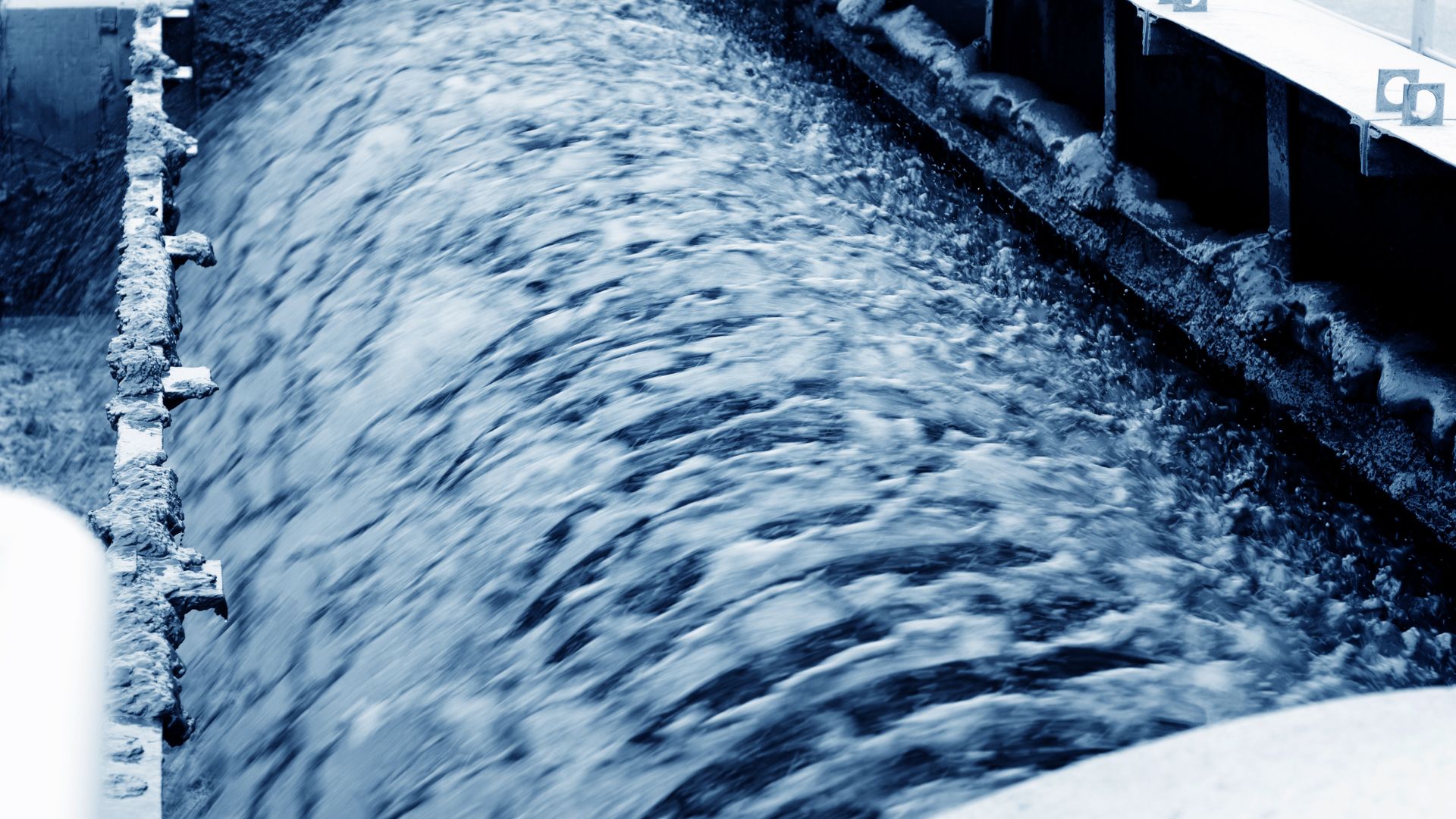Water management is an increasingly pressing challenge for municipalities, due to climate change and growing urbanization.
Urbanization leads to an increase in impervious surfaces. This overloads aging and inadequate drainage systems, particularly in small municipalities where resources are limited. This lack of adaptation exposes the most vulnerable cities to the risk of flooding, thereby complicating the necessary interventions.
Prolonged periods of drought put pressure on water tables, while runoff from rainfall carries contaminants to drinking water sources, compromising their quality. Furthermore, a lack of accurate data on the availability and quality of water resources limits long-term planning capacity.

To meet these challenges, there are several solutions available to municipalities:
- Mapping and identifying vulnerable regions
- to enable targeted and effective planning.
- Implementing asset management plans
- to facilitate the optimization of infrastructure maintenance.
- Green infrastructure, vegetated swales and sponge parks
- to promote sustainable stormwater management.
- A greywater and rainwater recovery system, as well as artificial groundwater recharge projects
- to help reduce pressure on drinking water resources.
- Public awareness
- remains crucial for optimal water management to cope with flood risks and the importance of limiting water consumption.
Researchers in the field

Jean-Luc Martel
Professor en génie de la construction

Mathieu Lapointe
Professor en génie de la construction et génie de l'environnement

Janie Masse-Dufresne
Professor en génie de la construction et génie de l'environnement

Isabelle Thomas
Professeure en urbanisme et architecture du paysage

Adrien Dimech
Professor en génie de la construction et génie de l'environnement

Joan Laur
Professor en sciences biologiques

Nathalie Tufenkji
Professor en chemical engineering
Don’t just coexist with climate change.
